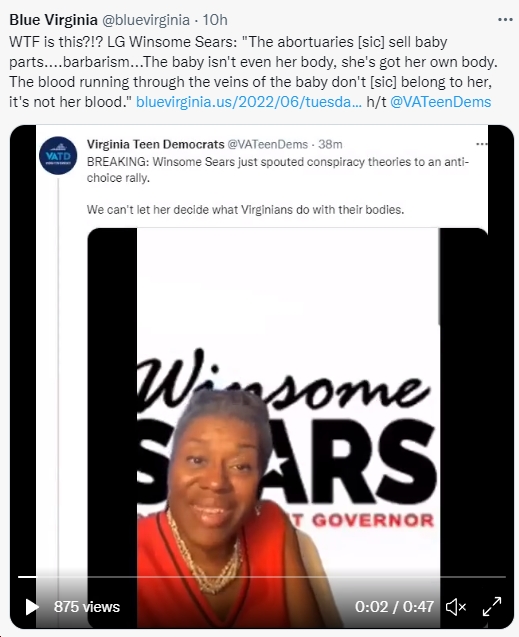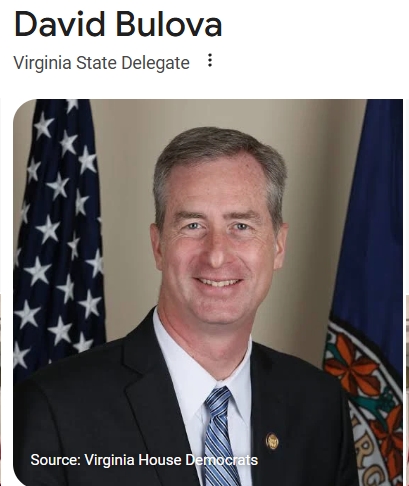From Anna Scholl of Progress VA:
Alexandria, VA – The Virginia Coalition To Protect Women’s Health today celebrated the United States Supreme Court decision invalidating Texas’s clinic shutdown law and its potential impact on Virginia’s sham restrictions.
The Coalition released the following statement from Janice Craft, director of policy and government affairs with NARAL Pro-Choice Virginia: “Today’s decision in Whole Woman’s Health v. Hellerstadt does not immediately change the law for any Virginia abortion providers. However, the decision raises serious questions about the constitutionality of Virginia’s statutes and regulations concerning abortion provision. This decision brings those restrictions under greater scrutiny. The Court definitively stated today that no law or regulation could pass constitutional muster unless it offers medical benefits to women that are sufficient to justify the burden it imposes on access.
“We will continue to advocate ensuring regulations of abortion providers reflect medical best practice, rather than political ideology. As the Virginia Board of Health moves forward with amendments to the existing sham restrictions, today’s decision requires that any regulation established by the Board be supported by medical evidence. The Board cannot engage in any rulemaking unless the medical evidence in support of the rule is greater than the burden the rule imposes. Any statute or regulation of abortion providers that is not based in medical evidence is per se unconstitutional. The Board may not establish any regulation that is broader than or that contradicts the Court’s ruling today in Whole Woman’s Health. Any further guidance to the Board will have to come from the office of the Attorney General.”
The Virginia General Assembly passed Targeted Restrictions on Abortion Providers (TRAP) in 2011. The Board of Health implemented restrictions in 2012, which were then the strictest in the country. Since TRAP passed in 2011, Virginia has lost one third of its first trimester abortion providers. Like the Texas restrictions challenged in Whole Woman’s Health v. Hellerstadt, Virginia’s sham restrictions include requirements for hospital admitting privileges and hospital-like building requirements. The Virginia Board of Health will vote on September 15th on proposed amendments to roll back some of these restrictions. A public comment period on the restrictions runs through July 1st. Members of the public can submit comment athttp://act.progressva.org/
















